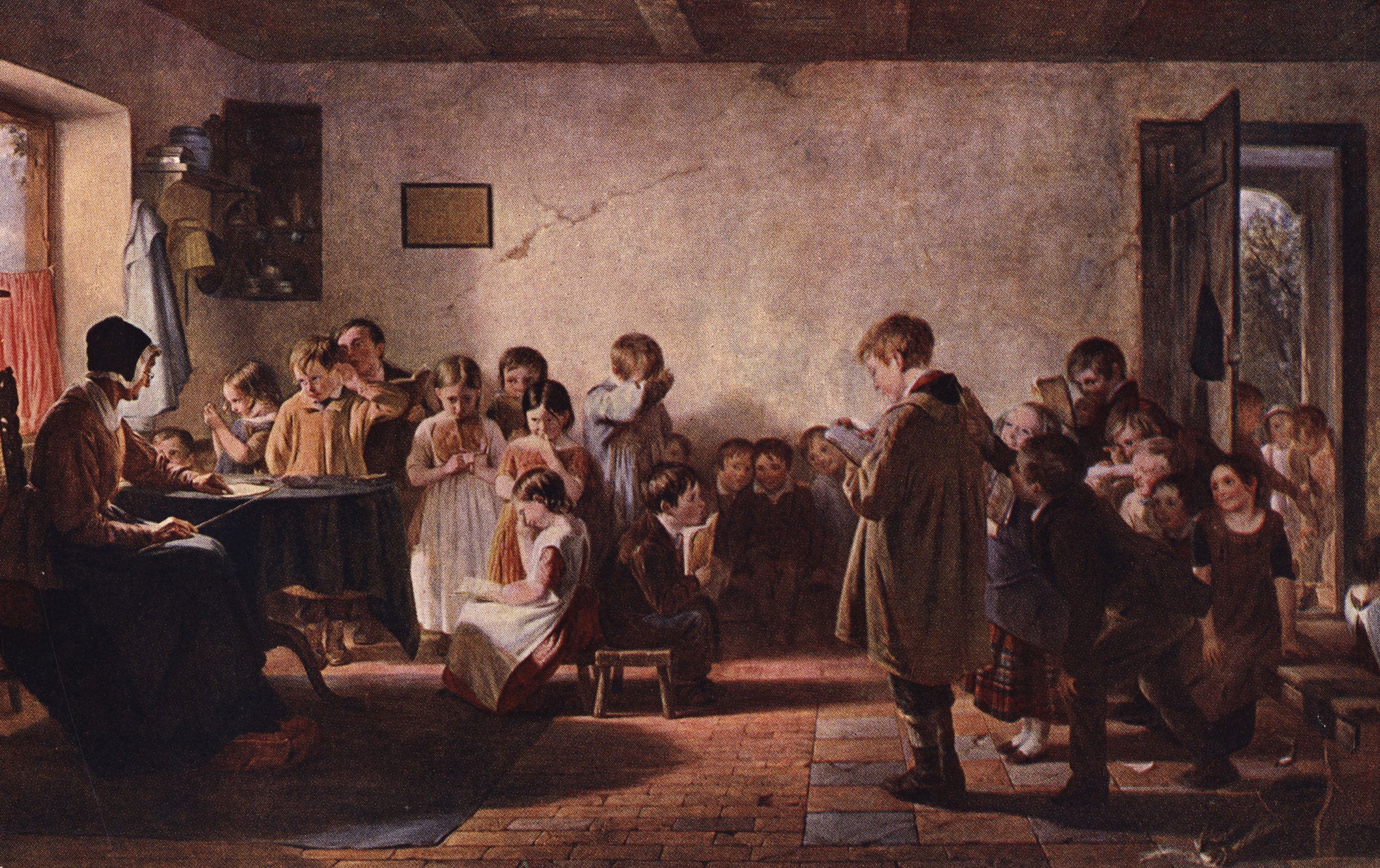School leavers 'less for ready for work than they were in 1851', research claims
Children are not given the lessons to prepare them for the most common industries, the study claims

Young people leaving school in 1851 were better equipped with the skills to fill the most popular jobs of the time than they are today, according to research by an online learning provider.
While the education that children of the Victorian era had matched the skills required to do the most popular jobs of the time, today's school children are not given the lessons to prepare them for the most common industries, the study claims.
According to research by Learndirect the top five occupations of the post-industrial revolution years included agriculture (1.64m), domestic services (1.04m), textiles (808k), labouring (375k) and boot/shoemaking (271k).
In school, children were taught subjects such as housework, preparing breakfast, agriculture, knitting and shoemaking, giving them a chance to acquire the necessary skills required for the most popular occupations of the time.
According to the research today's top jobs include wholesale and retail work, 4m of us are working the tills, health and social work, education, manufacturing, construction and transport and storage.
Learndirect say that while changes to the curriculum since 1851 partially reflect the shifting skillsets required by employers, there are still clear legacies of older, irrelevant subjects and gaps around core competencies now essential to fuelling today’s fast paced workplace.
Dereth Wood, Director of Learning, Policy and Strategy explains: “In today’s competitive and pressurised business world, employers are crying out for problem solving skills and people who can analyse information and make decisions.
More time needs to be spent on learning these crucial workplace skills which will enable people to access the top jobs of tomorrow.”
“With the rise of academies and free schools which can set their own curriculums there are now more opportunities to ensure young people are leaving schools with the skills employers are looking for,” she added.
Join our commenting forum
Join thought-provoking conversations, follow other Independent readers and see their replies
Comments
Bookmark popover
Removed from bookmarks